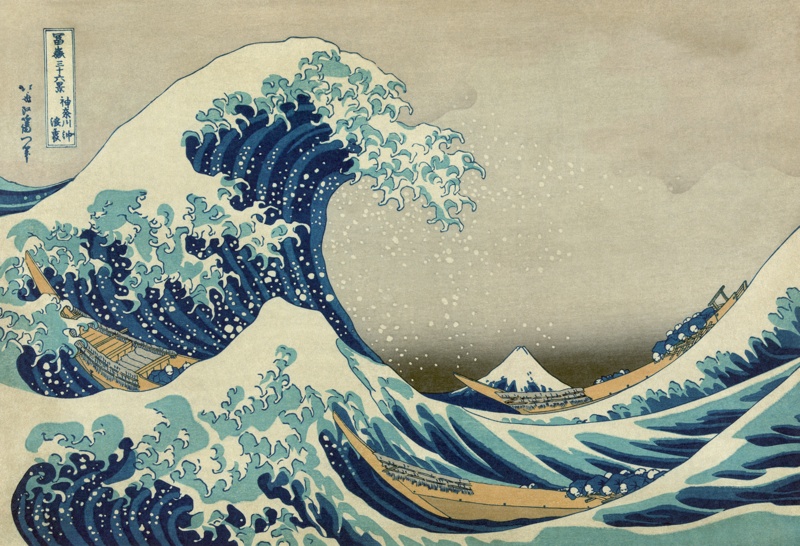
Tour sites
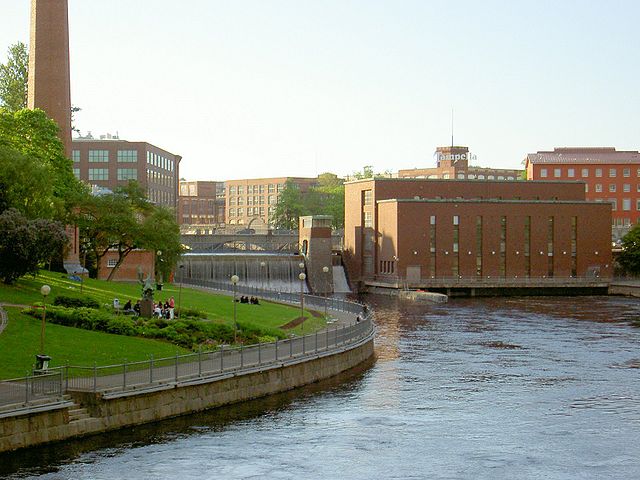
Tampere is a small Finnish industrial city founded in 1775, and the Tampere University of Technology is nowadays the largest purely technical university in Finland. The SIN group has been located here since 2009 when Adam Foster was granted a professorship at the Department of Physics. Another branch of the group exists in Helsinki at Aalto University, and the group is a part of the COMP Center of Excellence of the Finnish Academy. Tampere is obviously not part of the Tour but the point of origin for it.
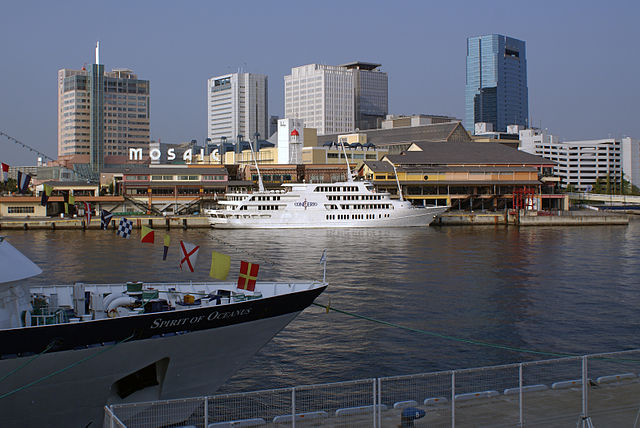
Kobe is the 5th largest city in Japan with a population of about 1.5 million and the capital of the Hyogo prefecture. In Kobe, we visit Hiroshi Onishi's laboratory in University of Kobe on November 14th.
Presentations:
Kyoto is the former imperial capital city of Japan, nowadays the capital of the Kyoto prefecture. It has a population of about 1.5 million, and it is one of the most popular and well known Japanese cities outside of Japan due to its countless temples and gardens. Here, we visit Hirofumi Yamada at Kyoto University on the 15th.
Presentations:
Osaka is the third largest city in Japan with a population of about 3 million people. It is the capital of the Osaka prefecture and the largest part of the 18 million people Keihanshin area, which includes also Kobe and Kyoto. Osaka is a commercial and economical center both historically and in the modern times. In Osaka, we visit Yoshiaki Sugimoto, Seizo Morita and Yasuhiro Sugawara in Osaka University on the 18th.
Presentations: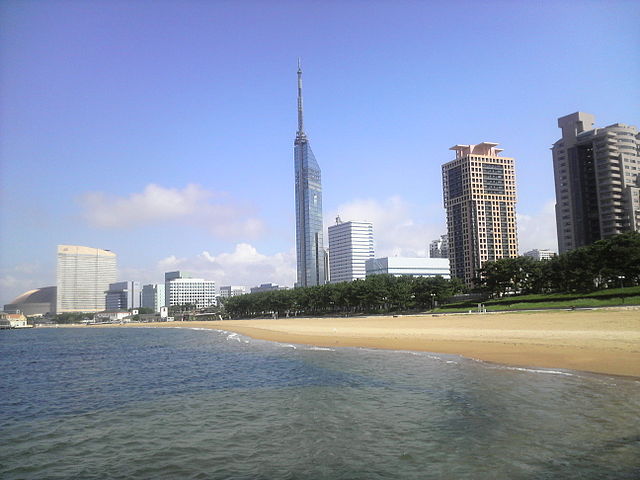
Having explored the Keihansin area, we have a day off and head west to Kyushu and Fukuoka by Shinkansen, our transport of choice during the Tour. On our way we pass, e.g., Hiroshima. Fukuoka is the largest city on Kyushu, seventh largest in Japan, and the capital of the Fukuoka prefecture. In Fukuoka, we will spectate the November grand Sumo tournament.
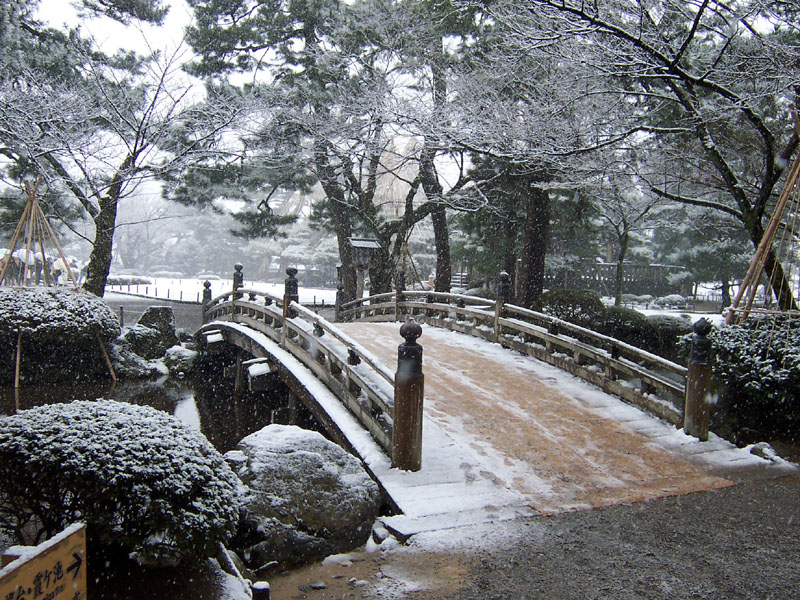
Returning back to Honshu, we visit Kanazawa, the capital of the Ishikawa prefecture with a population of half a million, on the northern coast of the island. Here we meet Takeshi Fukuma and Toyoko Arai of Kanazawa University. A seminar is planned for the 21st, where everyone gets to give a presentation.
Presentations:- Adam Foster: Computational surface science
- Adam Foster: Atomic scale characterization of defects and impurities in insulating materials
- Teemu Hynninen: Tip characterization in nc-AFM and KPFM imaging of thinfilms
- Teemu Hynninen: Nanoscale regelation of ice
- Bernhard Reischl: Simulating nc-AFM imaging of calcite in water
- Filippo Federici: Atomic scale dissipation processes in nc-AFM
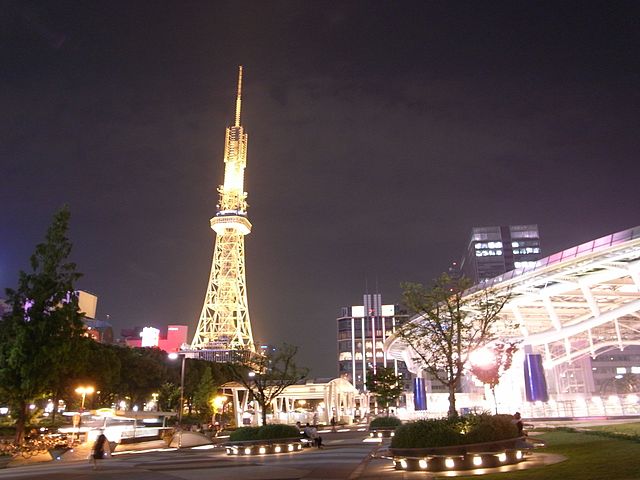
Nagoya is the fourth largest city in Japan with a population of about 2 million and mainly an industrial centre. We pass through Nagoya already on the 13th as we arrive at the Chubu Centrair Airport, but at that point we directly continue to Kobe. We return to Nagoya on the 22nd for a sleepover before continuing towards Tokyo. We have one free day here planned to be spent at Nagashima onsen.
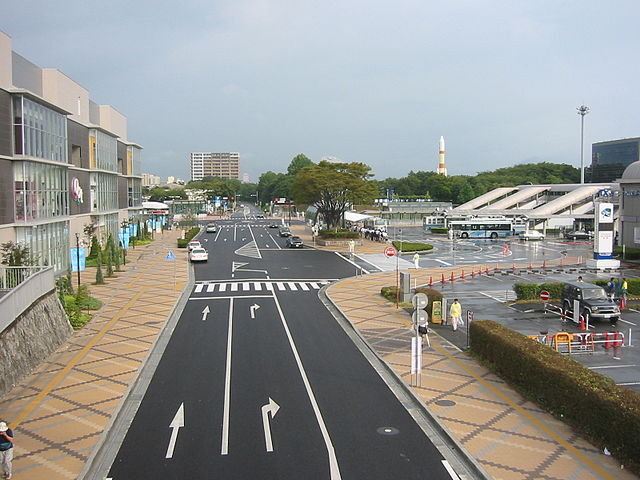
Tsukuba is a fairly small city of about 200 000 people most known for the Tsukuba Science City, a planned city founded in the sixties specifically as a science development. In the past decades, a great portion of the Japanese public reseach and development budget has been spent in the various institutions located in Tsukuba. We start our tour of the Tokyo area here by visiting Oscar Custance at NIMS.
Presentations: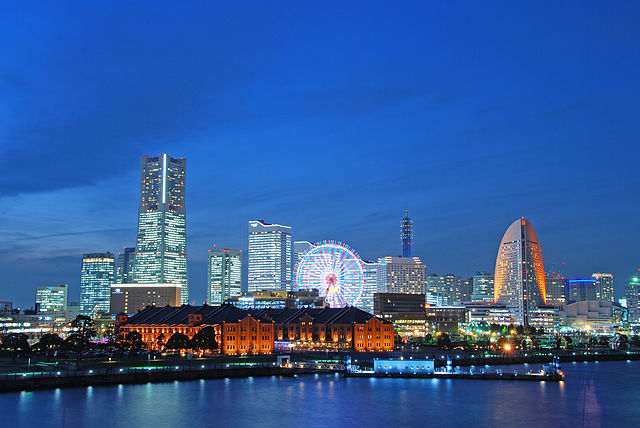
Yokohama is the second largest city in Japan, second only to Tokyo, with a population of 3.6 million and the capital of the Kanagawa prefecture. It is the first port to open to foreigners in the 19th century and thus the historic center of Japanese foreign trade and contact. Here, we have a meeting with Hannes Raebiger from Yokohama National University.
Presentations:
The final day of the Tour is spent in main Tokyo. Tokyo is, of course, the Japanese capital, the center of the most populous metropolitan area in the world, and one of the centers of world economy.
